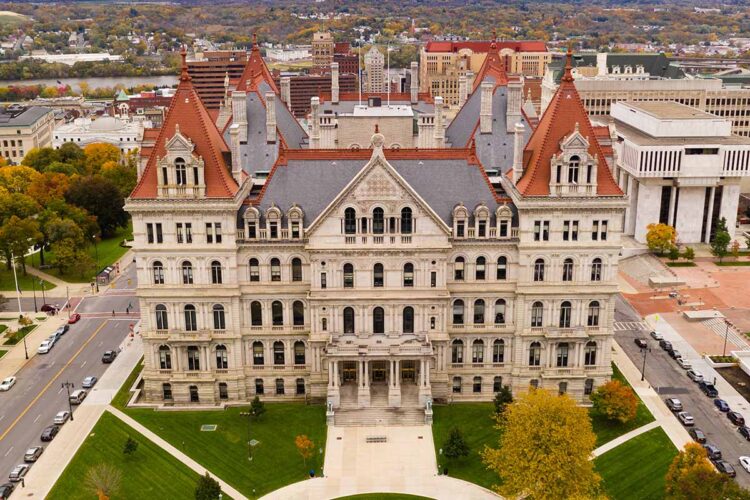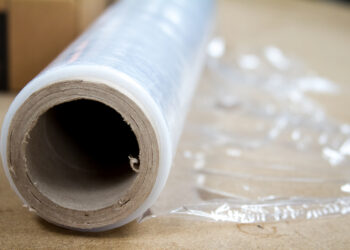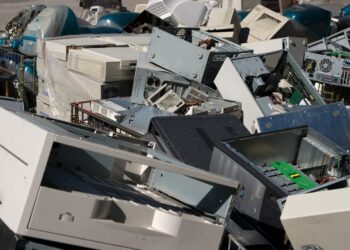The first U.S. state to pass a right-to-repair law covering electronics could also be the first state to amend such a law.
New York Assemblymember Patricia Fahy introduced Assembly Bill 8955 on Jan. 30, which would amend New York’s Digital Fair Repair Act. The bill would modify the definition of an OEM, backdate the manufacture date when hardware must comply with the right to repair law by two more years and repeal some product exclusions.
New York’s Digital Fair Repair Act, passed in 2022, required OEMs to make diagnostic and repair information for digital electronic parts and equipment available to independent repair providers and consumers, but the bill also had a broad range of exemptions and only applied to devices manufactured after July 1, 2023.
Many right-to-repair advocates said they were disappointed with the final state of the original bill and how watered down it had become.
In 2022, Gay Gordon-Byrne, executive director of the Repair Association, told Resource Recycling that New York’s law is “good, but not as good as it should have been.”
Gordon-Byrne said this week that her coalition began working on an amendment “as soon as the ink was dry on the governor’s signature” on the original bill.
“The bill that was passed by the legislature bears very little resemblance to the statute as signed – leaving many loopholes that have now been addressed in A8955,” she said.
AB 8955 changes the covered product manufacture date to July 1, 2021, instead of July 1, 2023, and removes the exemptions for business-to-business and business-to-government equipment. It also adds home appliances to the list of covered equipment.
Finally, it specifies that an OEM who “offers the services of diagnosis, maintenance, or repair of its own digital electronic equipment shall be considered an authorized repair provider with respect to such equipment.”
Gordon-Byrne said the “entire intent of the bill is to fix obvious weaknesses that are the result of direct meddling” by trade association TechNet. Many changes were made by Gov. Kathy Hochul after the legislation was passed and prior to her signing the bill.
A8955 will “remove ambiguities in the current law and make enforcement more practical for manufacturers as well as buyers,” she said. “For example, is a business-class desktop a consumer purchase when made through Amazon? Or only if the desktop buyer went through the OEM sales channel? In our experience, OEMS prefer to know how to comply rather than guessing.”
In addition, the “basic premise of ownership is also restored in A8955,” Gordon-Byrne added.
“The type of buyer is irrelevant in all other laws. A business can own a car and still get it fixed by an independent mechanic, or use a dealership or even staff and support a private repair facility,” she said.
Gordon-Byrne said she believes the bill has a high likelihood of passing. Similar legislation has passed in other states, and the language in those laws is stronger than New York’s and avoids the loopholes A8955 now seeks to close.
“Buyers in California and Minnesota already have significant advantages over New York buyers,” she said. “A8955 finishes the job as originally approved by the legislature just 18 months ago.”






























